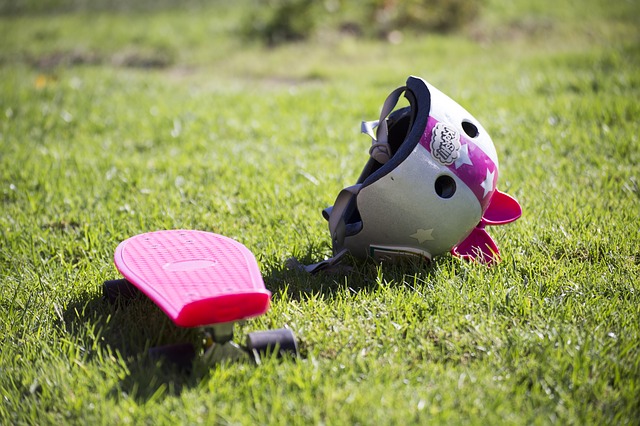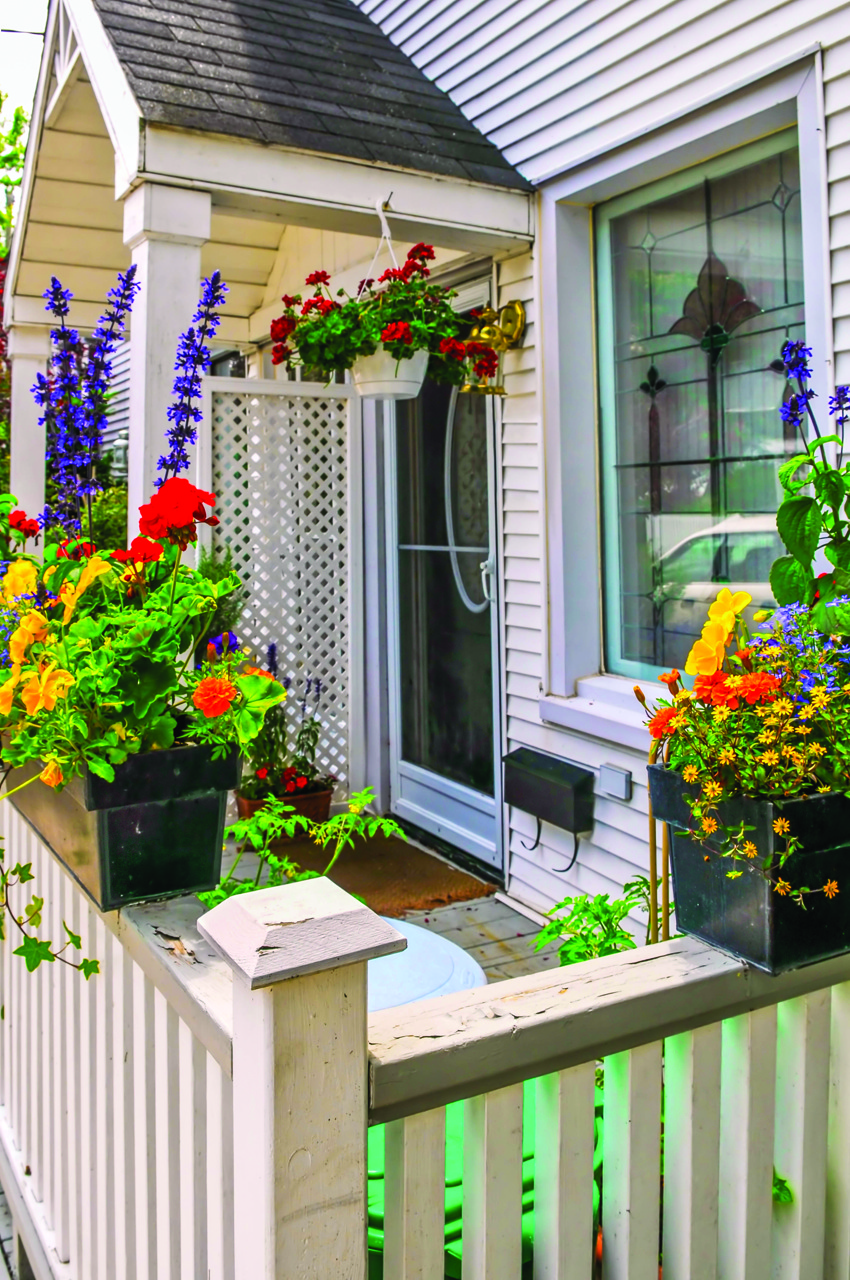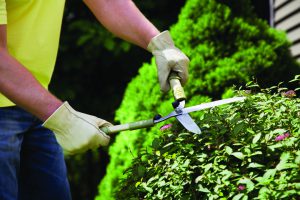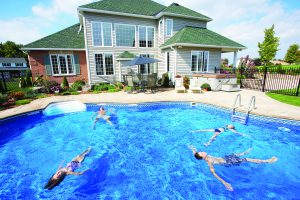Injuries that occur around the home contribute to millions of medical visits and tens of thousands of fatalities each year. Falls account for the largest percentage of home accidents, with the U.S. Centers for Disease Control and Prevention reporting that around 30,000 fall-related fatalities occur each year in the United States. Many home accidents are entirely preventable when proper caution is exercised. As homeowners prepare for home-improvement projects, improving safety inside and outside the home should be a priority.
1. LIGHTING
Improve lighting One of the easiest ways to reduce the risk of falls is to improve lighting around the home. The National Institutes of Health state that adequate lighting is important at entrances to the home, stairways, hallways, and other frequently traversed areas. Make sure lighting fixtures are using the highest wattage light bulb allowed. Artificial lighting sources become even more vital in fall and autumn, when natural light is less abundant in a home. In addition, install lighting outdoors by the front door, over the garage and where garbage pails are stored to facilitate safe passage.
2. REVIEW YOUR SURFACES
Eliminate slick surfaces Improving traction around the house also can minimize falls. Throw rugs and runners can be made more secure with nonslip rubber backings. Bath rugs can reduce slipping on wet surfaces in the bathroom. Also, nonslip mats can be used inside of showers and bathtubs. Use shoe trays to reduce puddling from melting snow or rain runoff in entryways. Mop up spills quickly, and consider the use of matte- or textured-finished flooring to improve stability underfoot. Promptly remove snow and ice from driveways and walkways. For those who live in cold climates, heated concrete can help melt precipitation before it accumulates.
3. REPAIRS
Make needed repairs Repair loose floorboards and pull carpet taut if it has started to stretch out. Address cracks outdoors and ensure that patio stones, bricks and pavers are secure and level to reduce tripping hazards. Fix areas of the landscape where water may pool and freeze, creating potential hazards.
4. DECLUTTER
Declutter all spaces Remove unnecessary items and furniture from rooms to free up more space to get around. Be sure there are no obstructions in walkways, entryways and near doors. Keep staircases clear at all times.
5. REDUCE THE RISK OF FALLING
Invest in assistive devices Handrails, grab bars, nonslip stair treads, and many other devices can make homes safer for people of all ages and abilities. Outfit cabinets and closets with organizers that put frequently used items within easy reach. A sturdy step stool can reduce the risk of injury while reaching for items stored on high shelves. Taking measures to reduce the risk of falling around the home is a worthwhile home improvement project.









